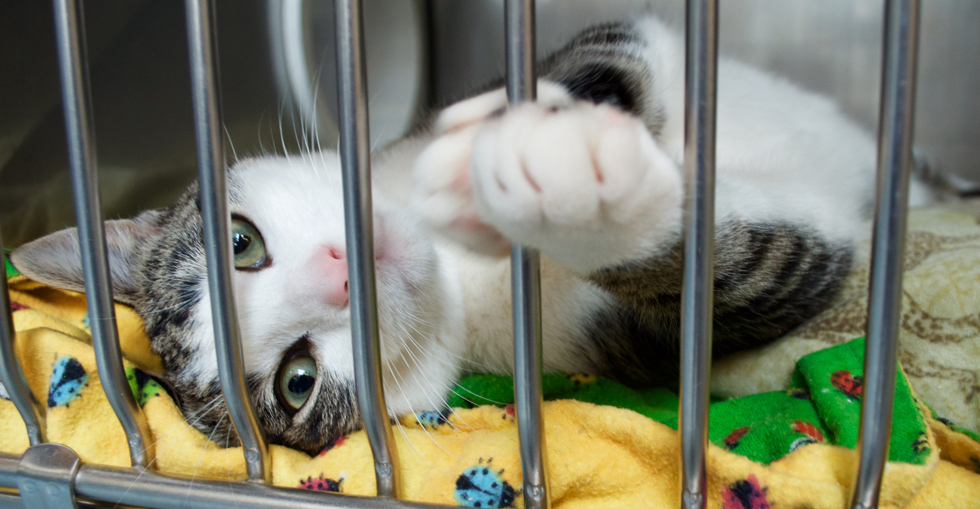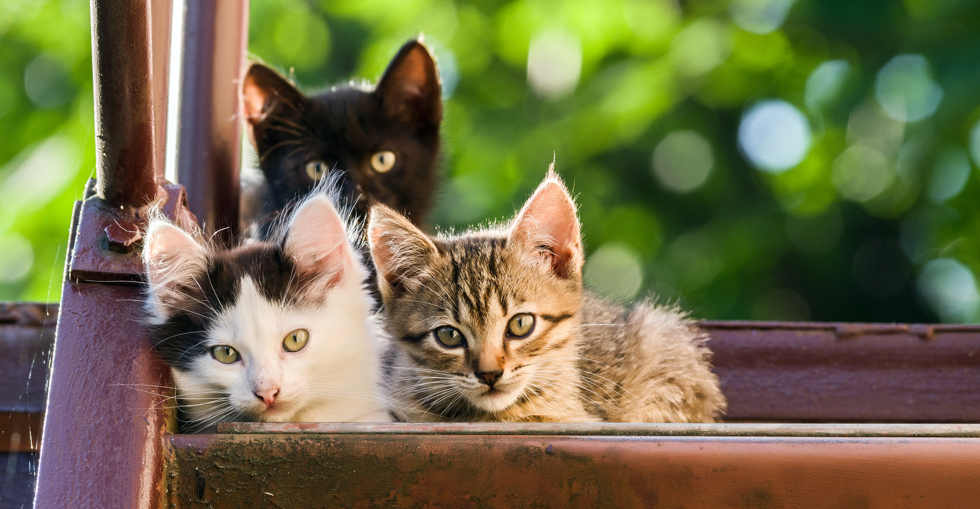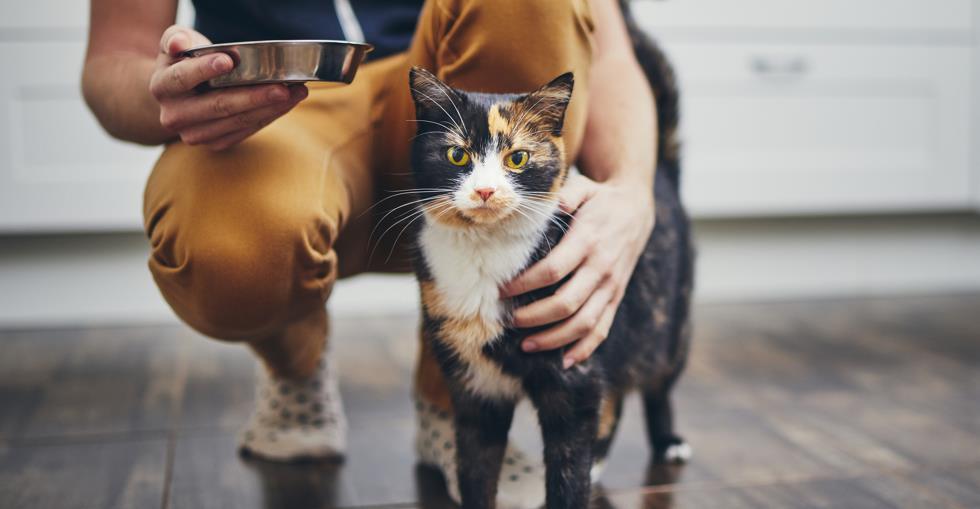If you’re a cat lover and have always dreamed of working with them, then running a cattery could provide you with the perfect business. A few helpful personality traits to possess include:
- Avid lover of all things cat: You’ll need to be passionate about cats and concerned about their well-being.
- Experienced in feline care: Although it’s not essential to have experience caring for cats, it’s definitely helpful. If you lack experience, consider enrolling in an animal care course or working in a cattery to gain hands-on experience within the industry.
- Stamina: You’ll need stamina and perseverance to handle the long days, mundane tasks, and weekend work.
- Responsible and caring: You need to be organised and thorough when overseeing cleaning methods and routine feeding and care of your furry guests.
- Warm and engaging: In addition to caring for cats, you’ll spend a lot of time talking to owners and reassuring them that their pets will be fine in your care. It’s essential that you are a warm and engaging person who is able to communicate calmly and clearly.
It’s also important to keep in mind that owning a cattery is a time-consuming job that will require a lot of commitment, so make sure you’re fully prepared before taking the plunge.

Finance and statistics
If you don’t have enough personal savings to finance the purchase of your cattery, you’ll need to seek a loan from a bank or a private investor. However, before approaching any lender for financing, you should develop a thorough business plan.
Your cattery’s location, staff, clientele, financial projections, and more will all combine to provide a truly unique business method. Lenders know this, and they’ll want to have as much information as possible before they’ll put any money toward your entrepreneurial venture.
Your business plan should include the following:
- Detailed description of property and plans for improvement
- Market research of demographics and level of demand for cattery in the area
- Explanation of services and unique selling points that will set your cattery apart from the competition
- Estimated set-up costs: professional fees, property expenses, equipment purchases, initial repairs, and renovations
- Fixed overhead costs: rent or mortgage payment, utilities, insurance, and owner’s salary
- Variable costs: cat food and kitty litter, vet bills, and staff salaries
- Budgeted expenses for the first two years
- Cash flow forecast and plans for future growth

What to look for in a cattery
- Location: Once you’ve decided that cattery ownership is for you, be strategic about finding the perfect location for your establishment. Research the local demographics and make sure there is a need for a cattery in that area.
- Competition: Once you’ve selected your ideal location, study your competition and decide what you will do differently to set your cattery apart. How will you attract new customers, and then how will you retain their business?
- Cattery design: Evaluate your facility. It should offer plenty of space for each cat. Ideally, each individual area should contain a raised-level platform that gives an enclosed sleeping space, while the space outside is the exercise area.
If you plan on renovating an existing cattery, it would be wise to seek advice from an infection control professional. They can offer suggestions on how to design or renovate the facility to minimise the spread of diseases.

Licences and permissions
Business licences can vary from state to territory, so be sure to seek advice from your local council and research the various regulations regarding running a cattery.
You may find that there are constraints on the number of cats you’re allowed to board and the type and size of housing that you can build. This information is important when designing the layout of your cattery, so take the time to conduct detailed research.
You will also need to establish procedures to prevent the spread of diseases among the cats and to ensure that adequate health and safety procedures are in place.
You are assuming full responsibility for the cats in your care. You’ll need to do your research regarding various insurance requirements and obtain adequate insurance to protect against accidents, illnesses, death, theft, and loss of animals while they are in your cattery.
Due diligence
As a careful buyer, you want to establish exactly what you’re buying. This is where due diligence comes in. During this crucial investigatory stage of the buying process, you should survey the property and review all applicable business data and documentation.
It is highly recommended that you enlist the help of a broker to assist you during this crucial process. A reputable broker with experience in the cattery industry will be able to give you valuable insight and look out for your best interests.
Are you ready to take the leap into buying your own cattery? Visit here and let us help you get started! Or you can find other opportunities elsewhere on our site.


